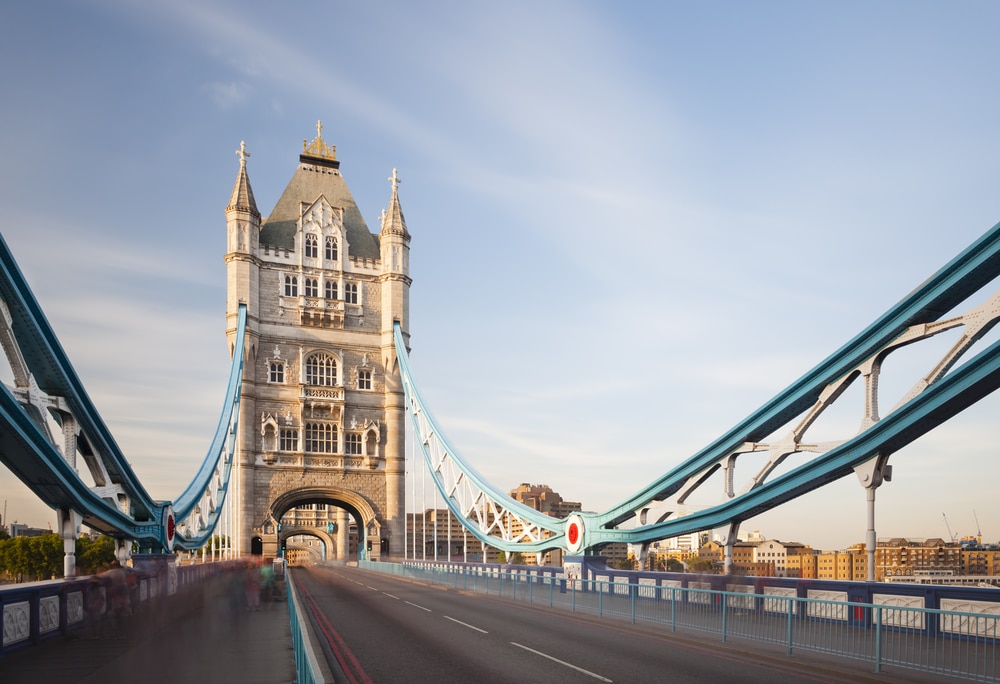

But health officials fear that once most people begin to leave their homes and start mixing as normal, the virus will quickly begin to spread again. In China, where the coronavirus began in late December, strict quarantine measures across cities have allowed the country to dramatically reduce the spread, with the number of new daily cases falling from over 3,000 in February to just 16 on Monday. “People should be thinking of a minimum of weeks to months and, depending how it goes, it may be longer,” the U.K.’s chief medical officer said of his country’s new restrictions. It is highly likely that at least some of these measures will be extended.

The president of the European Union is proposing a 30-day ban on non-essential travel into the bloc.

In the Netherlands, schools, restaurants and gyms are all closed until April 6. In Italy, schools and universities will be closed and travel without a special permit will be banned until April 3. So far, many of the social distancing measures that countries have announced are slated for an initial period of several weeks. “Once you start isolation, how do you decide when to stop? Once you go in, when can you come out?” “This has been very unspoken about in countries like Italy for example,” says Elisabetta Gropelli, a virologist and lecturer in global health at St.
#London lockdown extension trial#
In the case of COVID-19, it will be at least 12-18 months before a vaccine is available.” A trial of a vaccine began its first stage on Monday in the U.S., but those leading the work reiterated that 12-18 months is the likely timeframe for public use, if all goes well.Įxperts say governments are only now beginning to acknowledge the length of time needed for lockdown measures to work. It “will need to be maintained - at least intermittently - for as long as the virus is circulating in the human population, or until a vaccine becomes available. announced a strengthening of its own social distancing rules on Monday.īut the report’s authors also warn of a “major challenge” associated with the suppression approach. A member of the White House task force also cited modeling by British researchers, apparently the Imperial report, as the U.S. Where before authorities told Brits to continue living more or less as normal and to self-isolate for a week if they displayed symptoms, the entire population is now asked to stop seeing friends and family, avoid public spaces like pubs and restaurants, and self-isolate for 14 days if anyone in their home has a cough or a fever. On Monday evening, Prime Minister Boris Johnson announced what many saw as an abrupt shift in his government’s strategy for combating the new coronavirus. But those researchers also gave a troubling warning for countries around the world implementing lockdown measures: in order to be effective, they would need to last 12 to 18 months. government ramped up its response to COVID-19 Monday, asking citizens to cut all unnecessary contact with other people, after a British research team warned its earlier strategy would lead to hundreds of thousands of deaths.


 0 kommentar(er)
0 kommentar(er)
